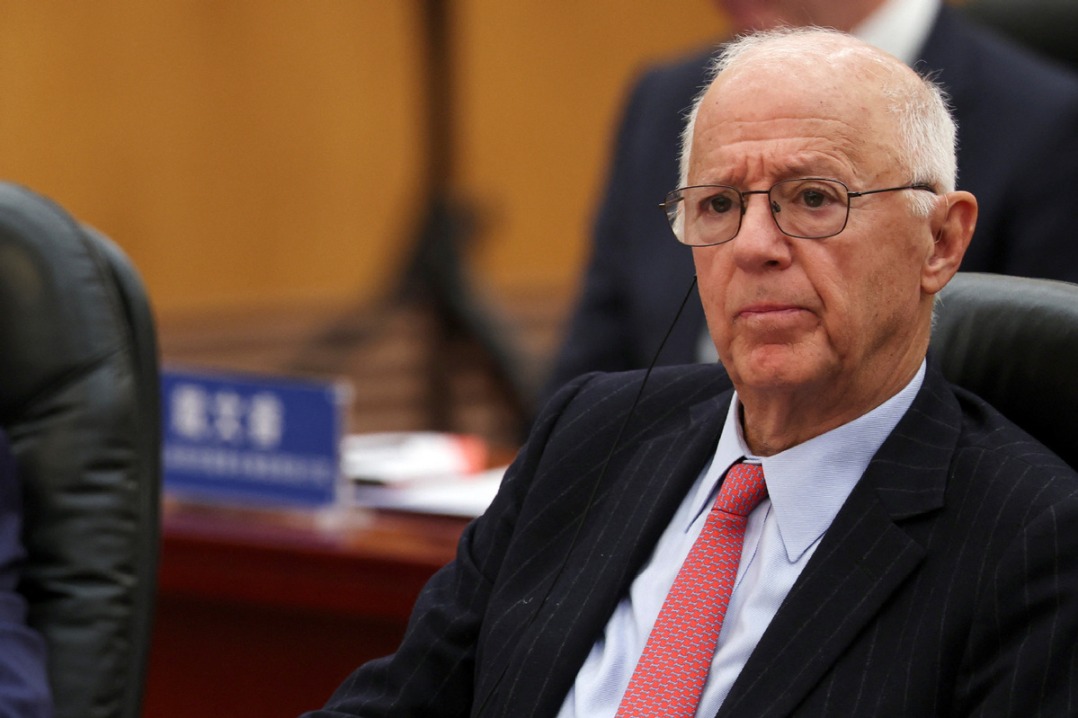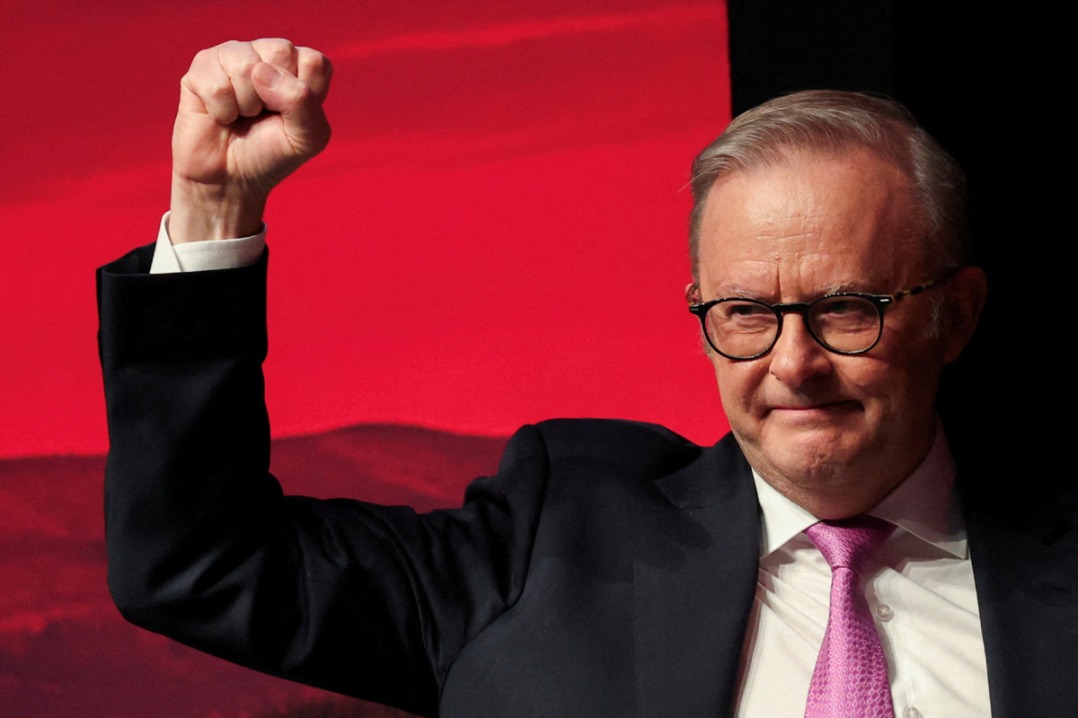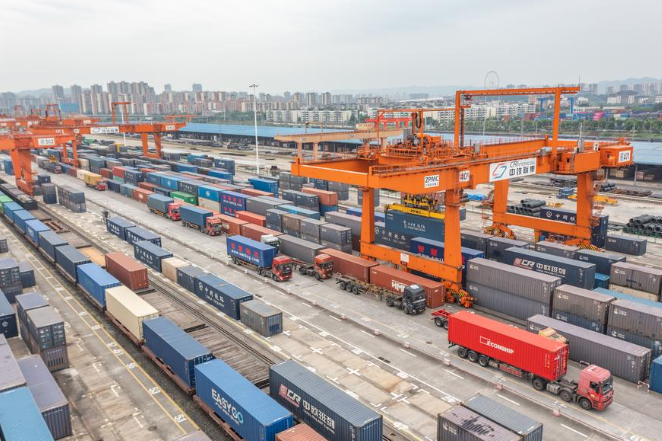Recession, inflation cast shadow on travel recovery


A looming global recession and higher inflation across many parts of the world are likely to weigh on consumer spending and tourism demand, and in turn defer the international travel recovery, tourism experts say.
The latest industry report by Tourism Economics — a research and analysis company — suggests that higher inflation and a moderate recession on the horizon for many advanced economies will see travel demand start to lose momentum toward the end of this year into 2023.
James Kennell, an associate professor of tourism and hospitality management at the University of Surrey, said, "It is clear that the pent-up-demand for international travel that built up during COVID-lockdowns has now been spent.
"With many advanced economies seeing a slowdown in economic growth, and a squeeze on living standards, consumers have tough decisions to make about spending, and holidays come quite low down the list for most families," he said.
"In Europe, the severity of the coming winter and the fuel bills this brings will play a big role in whether consumers feel confident enough to book their summer holidays for 2023," Kennell said.
David Goodger, managing director for Europe and the Middle East at Tourism Economics, said, "Global recession will mean that recovery in travel is deferred, including a slowdown from the rapid rebound seen in 2022.
"Savings that were accumulated during the pandemic have been largely spent, and continued demand growth in 2023 will be more reliant on patterns in disposable income which is being eroded by rising prices," Goodger added.
Dimitrios Buhalis, deputy director of the international center for tourism and hospitality research at Bournemouth University, said, "The global economic crisis and the inflation at levels that we have not seen for many years will force people to be very careful about their travel expenditure.
"What we have seen after COVID is that tourism expenditure and activity is becoming inelastic," he said. "The economic crisis will affect choices in tourism, but people will still travel and may decide to reduce the length of their stay, downscale in luxury, or travel to nearby destination to reduce travel cost."
While the US economy is set for a mild recession next year as travel demand is strained by higher inflation, supply-chain disruptions and a softer labor market, industry analysts said the stronger dollar should help offset some of this, making international trips somewhat cheaper.
Richard Adam, an international council member of the World Tourism Forum Institute, said: "The strengthened US dollar makes imports cheaper for the US. International travel is de facto an import of services. … Simplified, countries with strong currencies and more resilient economies may be remaining source markets for countries with current oversupply in tourism capacity and weakened currencies."
Although the Asia-Pacific region continues to trail global recovery due to travel restrictions, experts predicted that a potentially gradual reopening of China's borders will accelerate the global travel recovery in 2023.
Robert Li, director of the US-Asia Center for Tourism and Hospitality Management at Philadelphia's Temple University, said, "China's reopening, if and when occurring, will certainly give the global tourism industry a shot in the arm."
Goodger said, "The anticipated easing of the (dynamic) zero-COVID policy in 2023 will provide a huge boost to destinations as pent-up demand from Chinese travelers may be realized.
"Policy easing will also have a positive impact on supply chain issues and will remove some inflationary pressures to provide a further benefit to income and spending. The recent easing of inbound travel restrictions to China is welcomed as a step on the path to a more substantial policy easing," he added.
With major challenges ahead of the tourism industry, destinations and travel companies are exploring tech innovations, including virtual reality, augmented reality and metaverse, to engage with potential travelers throughout the planning process as well as while on trips.
Goodger said: "Effective innovation can benefit all businesses if this aids interactions with potential travelers and adds to their experience. For comparable innovations, there will be some first mover advantage, but it is essential to ensure quality."
Li said: "Innovations, be they technological breakthroughs or new service practices, will likely bring destinations and tourism businesses a competitive edge. Given all the challenges it faces now, innovation is a ticket for both surviving and thriving."
But Adam warned, "Yes, AR and VR may enhance a tourism experience or extend the value chain by creating mouthwatering awareness. In terms of tourism and travel related apps, we are seeing oversupply. But then again, what makes people travel? It is certainly not to arrive in a destination for wearing VR goggles.
"I would even go as far as saying there will be increasing opportunity for digital detox, in particular where someone with a smile is at your service," he added.
wangmingjie@mail.chinadailyuk.com

































